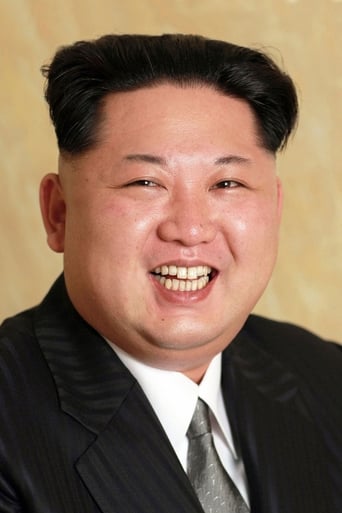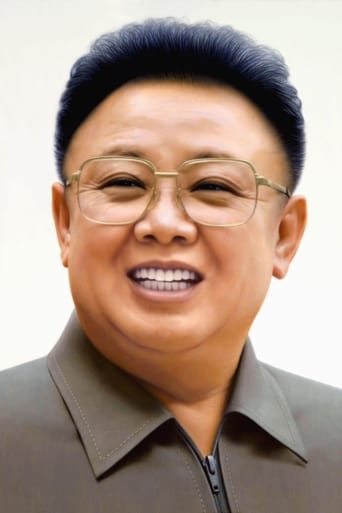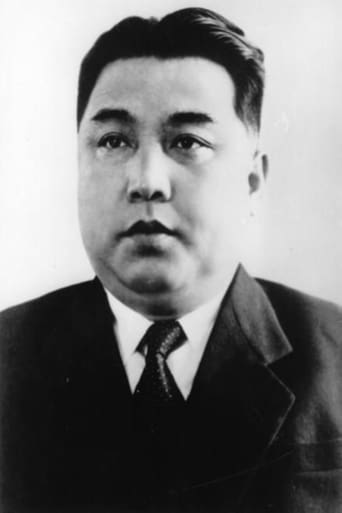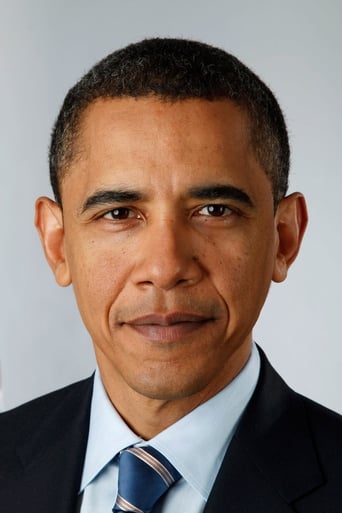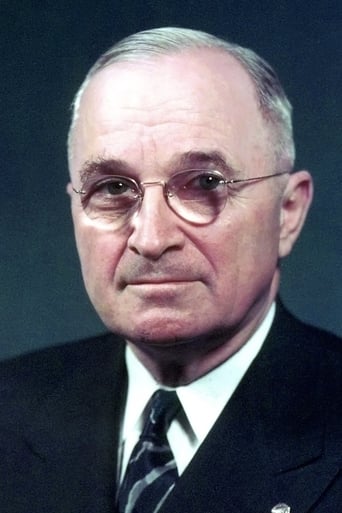Develiker
terrible... so disappointed.
WillSushyMedia
This movie was so-so. It had it's moments, but wasn't the greatest.
DipitySkillful
an ambitious but ultimately ineffective debut endeavor.
Guillelmina
The film's masterful storytelling did its job. The message was clear. No need to overdo.
Platypuschow
With all the ongoing debacles with North Korea in the news I figured this would be a fantastic time to watch The Propaganda Game.A Spanish made documentary with very impressive and rare access to the country it pulls back the curtain (Or at least as far back as the officials would let it go) and shows both sides of this remarkable place.The trouble is that both the west and North Korea seem to be playing the The Propaganda Game and it's extremely hard to know what is true and what isn't. My personal opinion is that it's a combination of both, but this documentary is quite unbias and gives you a chance to decide for yourself.US government, the Korean government, ultimately the real victims in this appear to be the citizens of Korea themselves as I find their chosen lifestyle monstrous but again how much of it is true and how much is staged? The Propaganda Game is well worth a watch and though heartbreaking it is very eye opening and a fantastic piece of documentary film making.Always wondered why Korea didn't kick off over Team America World Police (2004) but did regarding The Interview (2014). Perhaps a leader with less sense of humour explains it?
GruesomeTwosome
In this clever documentary, Spanish filmmaker Alvaro Longoria gets rare access as a foreigner to enter North Korea and document his travels there, the notoriously secretive and isolated (both self-imposed and by the rest of the world) communist regime. Longoria's goal in visiting North Korea is to try to see first-hand for himself, and by talking directly with North Koreans, if there is any truth to the propaganda about the nation coming from NK itself and also from outside (i.e., what little information that we do get about the country, mostly horrible accounts regarding human rights violations, famine, executions of anyone seen as dissenters, etc.). One of the most interesting and remarkable aspects of the doc is Alejandro Cao de Benos, a Spanish man who is the sole foreigner working for the North Korean government, and basically acts as tour guide for Longoria and as a loyal spokesman of the North Korean regime. He appears to be showing a very carefully constructed, staged tour of North Korea, with everyone smiling and singing the praises of their fearless leader Kim Jong-un. There is something off-putting about Alejandro, and one of the many talking heads in the doc hints at Alejandro receiving generous financial compensation for his services. I would like to have known a bit more about how a man from Spain became so involved in becoming spokesman for the DPRK; all we seem to get is that from a young age Alejandro was interested in communist philosophies but was dissatisfied with Spanish communist parties and its leaders.Most of the people that Longoria gets access to are part of the government; it seemed rare that he got to speak in-depth and candidly with any everyday, "average" North Koreans. But even then, one gets the sense that these people are both too utterly brainwashed, and simply in fear, under those seemingly forced smiles, to speak freely about the regime. One striking moment showing the regime's attempts at covering up their oppression is when Longoria visits what appears to be Christian church, during a mass and everything, but later it's claimed that this church is the only one of its kind in the country and is a "fake" - it's just for show, and Christianity is not allowed to be practiced.This film made for an often fascinating watch, even though I did not gain much new knowledge overall. Understandable, partially due to those that Longoria speaks to not being willing to give candid answers to the most pressing questions about the regime. North Korea still remains very much a mystery, and all I can say is that I really feel for those people.
Tom Dooley
Film maker Álvaro Longoria managed to get permission to film inside the DPRK but it was a guided tour – that was to be expected. His tour was exclusively of the cosseted capital Pyongyang. However, Longoria knew that there would be restrictions on what he could and more importantly could not film.His guides take him on a tour of all the new shiny buildings and installations and shows us all the shiny happy North Koreans enjoying the gifts of the benevolent Kim Jong-un. Everywhere there are statues and pictures of 'The Great Leaders' who must be constantly adored as some sort of deity and the people seem to have genuine emotions about these dictators. The film also interviews experts and defectors as well as human rights activists and strives to show both sides in the ever growing propaganda war.The attempts to be balanced are credit worthy and Longoria himself missed his calling for the diplomatic mission. I was reminded of a Benny Hill sketch where an advertising board said 'People buy Smiths Pies because they don't know any better'; and I think that is why North Koreans seem to be so content with their lot in the World – they just do not know what they are missing. He did mention the markets and the hard currency shops which the regime has had to allow to exist as it was too troublesome to uninvent 'choice' as it were. What is left out is equally important and any one who has studied this 'hermit kingdom' will know of some of the bizarre and cruel abuses of human rights, but the whole point of the film is to redress the more extreme distortions of propaganda and try to see if there is any unvarnished truth that would help us understand them. In the end I felt he did a rather good job and as such can recommend to anyone who has an interest in modern social history.
thomasmansour
This documentary is unlike any other documentary on the subject of North-Korea. Most documentaries have a negative undertone from the start of the beginning, but Alvaro Longoria is much more neutral in his "quest to seek out the truth". As one would expect of the communistic country, he is not to travel freely and is always accompanied by guides and state officers, but, unlike other documentaries, a lot of 'normal' North-Koreans (assuming that they aren't all actors) were interviewed in front of a camera. This gives us an insight in what goes through the minds of the North-Korean people and makes it clear that it is truly devoted to its leaders and convinced of their divinity. I have no doubt that there were staged situations, but it just cannot be possible that everything was. Even though the documentary is 90 minutes long, there are still many questions unanswered, for example about prison camps or the black market, but at least Longoria didn't make a suggestive documentary like the VICE documentary on North-Korea, in which they claim it is almost impossible to get in the country and make it look as if they are the only ones there.

